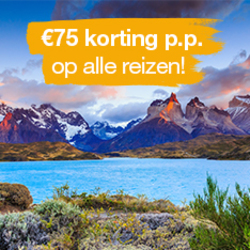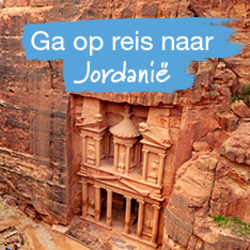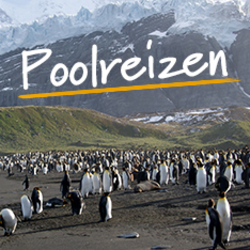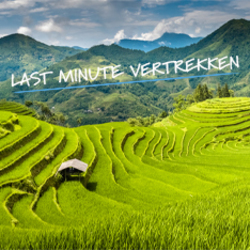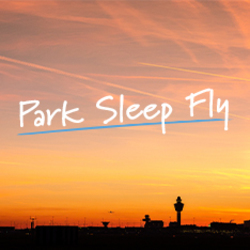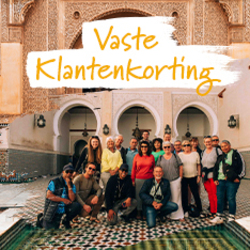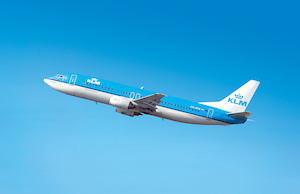Profiteer t/m 2 mei
BekijkActivities
- Walking & Trekking
- Summits
- Point-to-Point
- Exodus takes more clients to the summit of Kilimanjaro than any other UK operator. Stand on top of a continent for an unforgettable experience. Climb the world's largest freestanding mountain. The Rongai route is much less crowded than Marangu and Machame routes. An extra acclimatisation day increasing the chances of summit success. We use 1 guide for every 2 clients
Food
-
1
Start Moshi.
There will be a trip briefing this afternoon/evening. Please bring your passport, insurance details and air ticket details. The briefing will cover all aspects of your trip and will include the distribution of any hired equipment you have booked.Comfortable Hotel
-
2
Begin ascent through Rongai Forest (2600m).
After completing the necessary registration formalities, we transfer by road to Nale Moru (1,950m) to begin our climb on this unspoilt wilderness route. The first day is only a half-day walk on a small path that winds through farmland and pine plantations. It is a consistent but gentle climb through attractive forest that shelters a variety of wildlife. We reach our first overnight stop by late afternoon at the edge of the moorland zone (2,600m). Approx 3-4 hours walking.Full-service Camping
-
3
Climb to Kikelewa moorland (3600m).
The morning walk is a steady ascent up to 'Second Cave' (3,450m) with superb views of the Eastern icefields on the rim of Kibo, the youngest and highest of the three volcanoes that form the entire mountain. After lunch, we leave the main trail and strike out across the moorland on a smaller path towards the jagged peaks of Mawenzi, the second of Kilimanjaro's volcanoes. Our campsite, which we reach in late afternoon, is in a sheltered valley near Kikelewa Caves (3,600m). Approx 6-7 hours walking.Full-service Camping
-
4
Steady ascent beneath Mawenzi (4330m); afternoon acclimatisation.
A steep climb up grassy slopes is rewarded by superb panoramas of the Kenyan plains to the north. We leave vegetation behind close to Mawenzi Tarn (4,330m), spectacularly situated in a cirque beneath the towering cliffs of Mawenzi. The afternoon will be free to rest or to explore the surrounding area as an aid to acclimatisation. Approx 3-4 hours walking.Full-service Camping
-
5
Cross lunar desert of the 'Saddle' to Kibo, at the bottom of summit cone (4750m).
We leave our attractive campsite to cross the lunar desert of the 'Saddle' between Mawenzi and Kibo to reach Kibo campsite (4,700m) at the bottom of the Kibo Crater wall by early afternoon. The remainder of the day is spent resting in preparation for the final ascent before a very early night! Approx 5-6 hours walking.Full-service Camping
-
6
Early start to reach Gillman's Point in time for sunrise over the crater rim; on to Uhuru Peak, the highest point in Africa (5895m). Descend to Horombo (3720m).
We will start the final, and by far the steepest and most demanding part of the climb by torchlight at around midnight. It will be extremely cold as we walk very slowly in darkness on a switchback trail through loose volcanic scree to reach the Crater rim at Gillman's Point (5,685 m). We will rest there for a short time to enjoy the spectacular sunrise over Mawenzi. Those who are still feeling strong can make the three hour round trip along the snow-covered rim to the true summit of Uhuru Peak (5,895m), passing close to the spectacular glaciers and ice cliffs that still occupy most of the summit area. The descent to Kibo Hut (4,700m) is surprisingly fast and, after some refreshments and rest, we continue descending to reach our final campsite at Horombo (3,720m). This is an extremely long and hard day, with between 11 and 15 hours walking at high altitude.Full-service Camping
-
7
Continue descent to Mandara and Marangu.
A sustained descent with wide views across the moorland takes us into the lovely forest around Mandara (2,700m), the first stopping place on the Marangu route. The trail continues through semi-tropical vegetation to the national park gate at Marangu (1,830m). We leave the local staff to return to our hotel in Moshi by mid-afternoon for a well-earned rest and a much needed shower and beer! Approx 5-6 hours walking.Comfortable Hotel
-
8
End Moshi.
Depending on the time of your return flight, the day can be spent resting at the hotel or exploring the village for souvenirs. Those on the group flights will be taken to the airport in time for their flight home.





